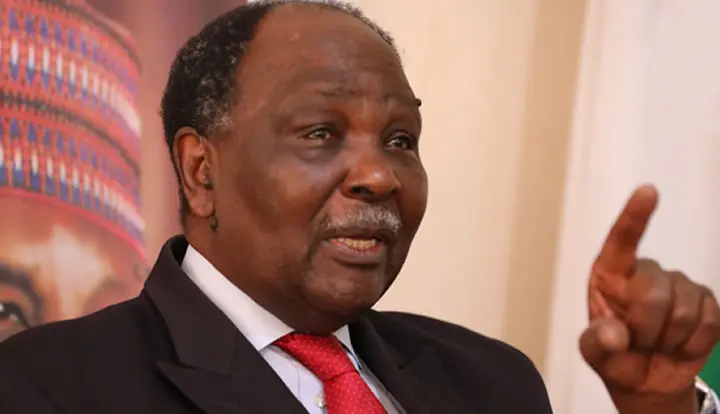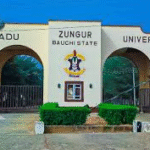A United States-based advocacy group, Rising Sun, has faulted former Head of State, Gen. Yakubu Gowon (rtd), over his recent comments on the failure of the 1967 Aburi Accord, accusing him of distorting historical facts.
The group, in a statement jointly signed by its President, Chief Maxwell Dede, and Secretary, Rev. Fr. Augustine Odimmegwa, described Gowon’s account as “laughable and dishonest,” insisting that the late Biafran leader, Dim Chukwuemeka Odumegwu Ojukwu, only sought true federalism and justice.
The statement, made available in Abuja on Sunday, alleged that Gowon’s claim—that Ojukwu wanted regional governors to control the military, leading to the breakdown of the accord—was misleading.
According to the group, the accord was a genuine attempt to salvage Nigeria following the 1966 coups and the killing of thousands of Easterners in the North. The group argued that had the accord been implemented as agreed in Aburi, Ghana, Nigeria could have avoided war, genocide, and the humanitarian crisis that followed.
“The Aburi Accord reaffirmed the sovereignty of the regions, endorsed a weak centre and strong regions, and called for joint—not central—control of the armed forces,” the group stated.
It also accused the Nigerian government of reneging on the agreement due to pressure from the British government and Northern political interests who feared a return to regional autonomy.
“General Gowon did not repudiate the accord due to any disagreement with its content but under the influence of the British High Commissioner and the Northern oligarchy,” the statement alleged.
The group further compared the principles behind the Aburi Accord to federal systems like that of the United States, where state governors have control over the National Guard, saying such an arrangement was in line with Ojukwu’s demand.
Rising Sun maintained that Biafra did not seek secession but self-governance and safety, especially after repeated attacks on Easterners in other parts of the country.
The statement also pointed fingers at Britain, accusing it of backing Nigeria’s military action to protect economic interests such as Shell BP.
“Millions of Nigerians are living with the consequences of the betrayal of Aburi—rampant insecurity, economic collapse, and a pseudo-federal system,” it added.
The group called on historians and researchers to re-examine the original recordings and documents from the Aburi meetings, insisting that history had already vindicated Ojukwu’s stance.
“Ojukwu stood for justice. History has passed its verdict—not in Gowon’s favour,” the group said.



